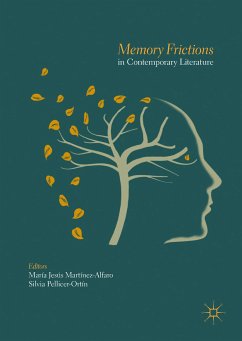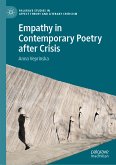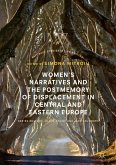This volume explores the multifarious representational strategies used by contemporary writers to textualise memory and its friction areas through literary practices. By focusing on contemporary narratives in English from 1990 to the present, the essays in the collection delve into both the treatment of memory in literature and the view of literature as a medium of memory, paying special attention to major controversies attending the representation and (re)construction of individual, cultural and collective memories in the literary narratives published during the last few decades. By analysing texts written by authors of such diverse origins as Great Britain, South-Korea, the USA, Cuba, Australia, India, as well as Native-American Indian and African-American writers, the contributors to the collection analyse a good range of memory frictions -in connection with melancholic mourning, immigration, diaspora, genocide, perpetrator guilt, dialogic witnessing, memorialisation practices, inherited traumatic memories, sexual abuse, prostitution, etc.- through the recourse to various disciplines -such as psychoanalysis, ethics, (bio)politics, space theories, postcolonial studies, narratology, gender studies-, resulting in a book that is expected to make a ground-breaking contribution to a field whose possibilities have yet to be fully explored.
Dieser Download kann aus rechtlichen Gründen nur mit Rechnungsadresse in A, B, BG, CY, CZ, D, DK, EW, E, FIN, F, GR, HR, H, IRL, I, LT, L, LR, M, NL, PL, P, R, S, SLO, SK ausgeliefert werden.









